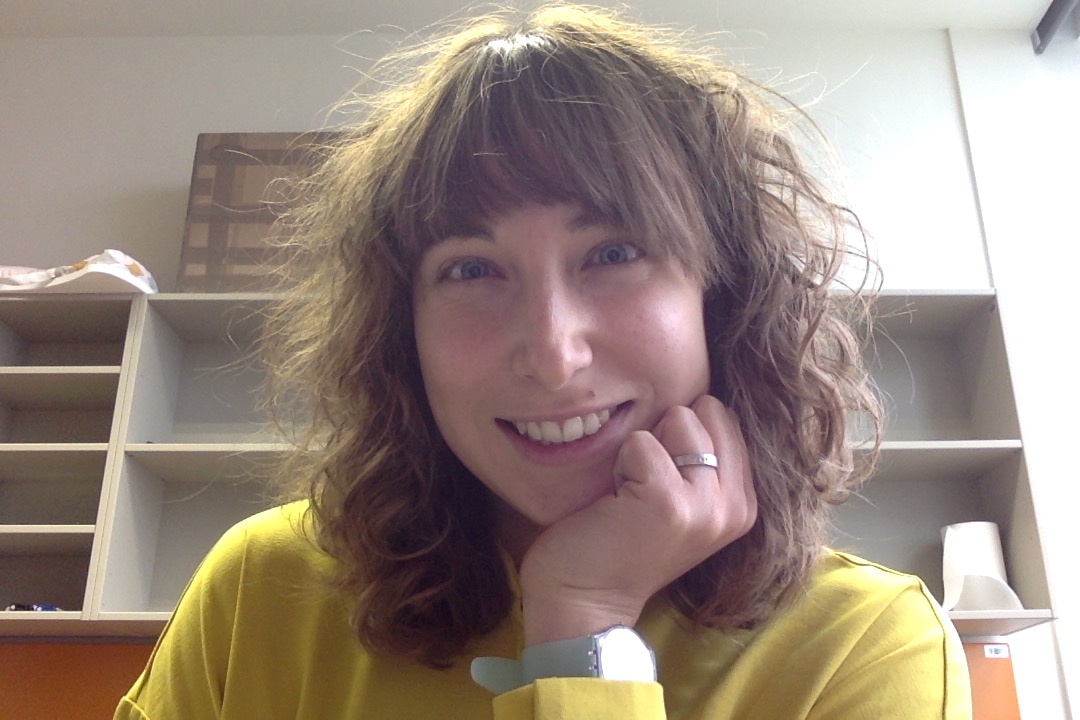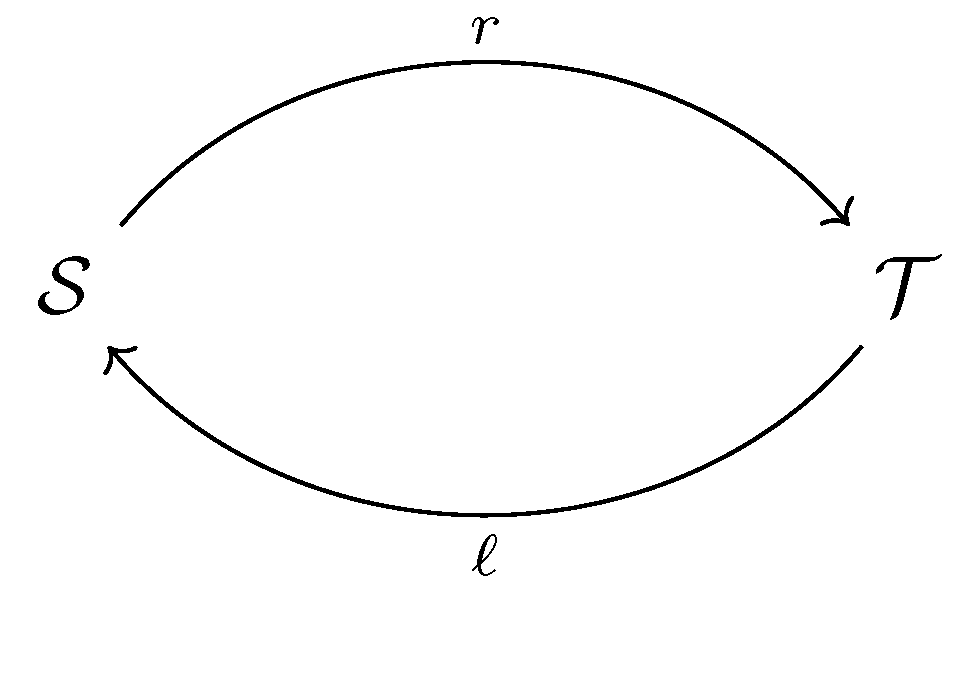During the three years of my postdoc at TU Wien, I had the chance to teach the students. I was honoured to get to design and lecure the course on type theories, teaching students the basics of type theories as mathematical foundation, as well as formalizing mathematics and software correctness in a proof assistant.
Introduction to type theories (Faculty of Informatics, TU Wien)
I had the honour to present type theories to students of informatics and mathematics at TU Wien. The purpose of this course was to familiarize the students with the concept of a type theory, the most commonly used type theories in practice and how we use type theories in proof assistants. The course fosuced on the mathematical foundation, the type theories and it comprised of the following topics:
- Martin-Löf type theory (MLTT) - where we described the most common dependent types and ingredients of type theories.
- Agda (proof assistant based on MLTT) - where we got to know how to use MLTT to formalize proofs.
- Calculus of inductive constructions (CIC) - where we described the differences and nuances between different type theories.
- Coq (proof assistant based on CIC) - where we gdt to know how to use CIC to formalize proofs in the most commonly used proof assistant.
- Meta-theory of type theories - where we formally defined a type theory and related it to first-order and other higher-order theories.
The students were graded based on 4 homeworks (two theoretical and two formalizations (one in Coq and one in Agda)) and an oral exam at the end.
In a similar fashion I thought the material at Oregon Programming Languages Summer School (OPLSS 2025), the materials and videos available here.
Formal methods in infromatics (Faculty of Informatics, TU Wien)
I was a TA for master students of informatics.
- In autumn 2023, I marked students' exams.
- In spring 2023, I marked students' exams.
- In autumn 2022, I marked students' exams.
- In spring 2012, I marked students' exams.
During the four years of my PhD I had the chance to teach the students of mathematics and physics at University of Ljubljana. Besides the courses listed below I conducted a workshop on advanced uses of Mathematica. Prior to that I was a tutor and demonstrator for mathematics and analysis courses at Faculty for mathematics and physics, University of Ljubljana.
Logic and sets (Faculty of Mathematics and Physics, University of Ljubljana)
I was a TA for first year undergraduate mathematics students taking a course on foundations of mathematics: first-order logic and set theory.
- In autumn 2020, I was a TA for one group and I marked students' exams.
- In autumn 2019, I was a TA for one group and I marked students' exams.
- In autumn 2018, I was a TA for one group and I marked students' exams.
- In autumn 2017, I was a TA for one group and I marked students' exams.
Introduction to programming (Faculty of Mathematics and Physics, University of Ljubljana)
I was a TA for first year undergraduate mathematics and financial mathematics students, givng them an introducotry course on programming in python.
- In spring 2021, I was a TA for one group and I marked students' exams.
- In spring 2020, I was a TA for one group and I marked students' projects.
- In spring 2019, I was a TA for one group and I marked students' exams.
Teaching mathematics and physics in English (Faculty of Mathematics and Physics, University of Ljubljana)
I was a TA for master students in pedagogical mathematics and pedagogical physics. We discussed different approaches to teaching mathematics in English and covered vocabulary for various highschool level topics.
- In spring 2021, I was a TA for the course I marked students' coursework.



